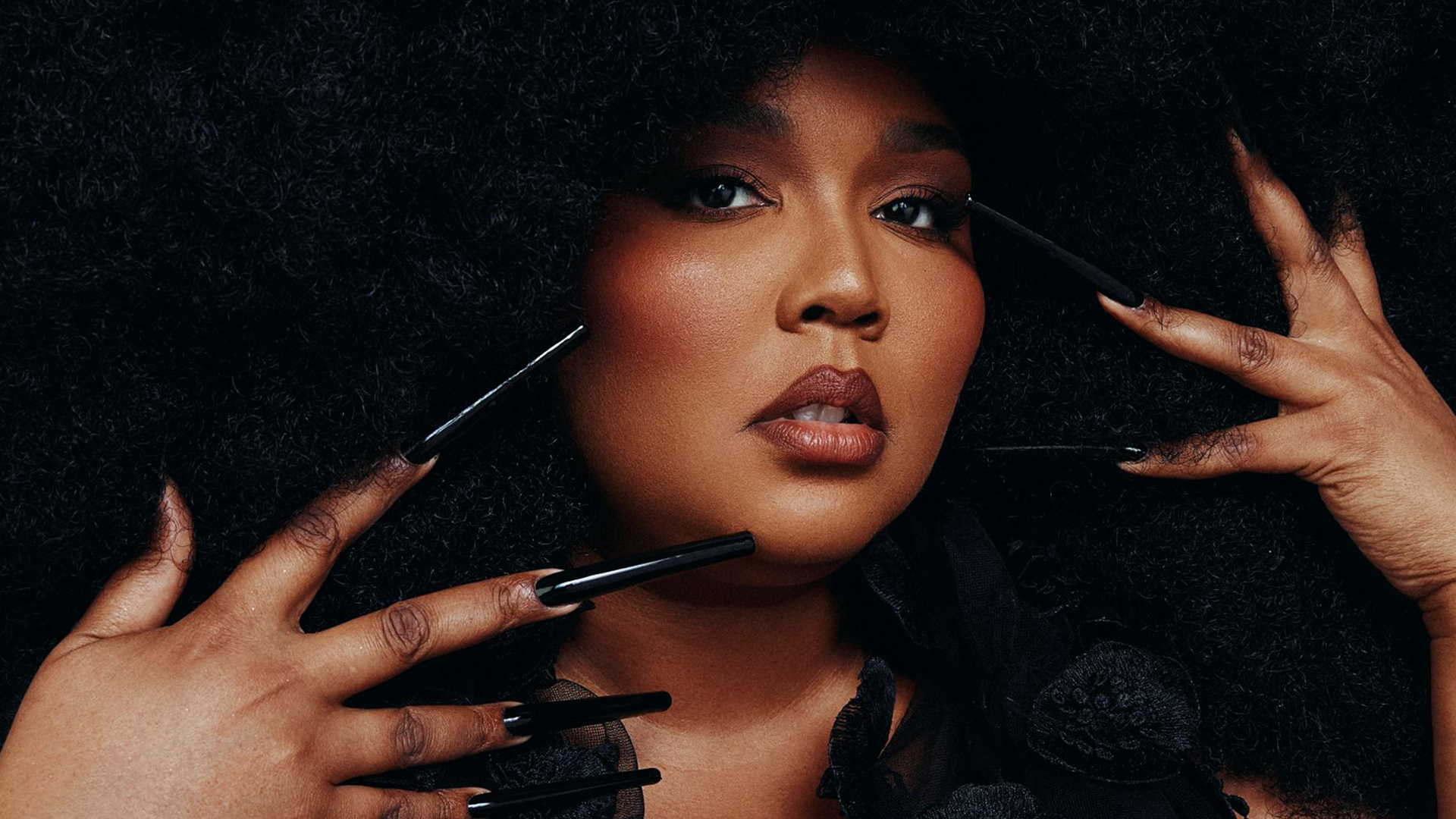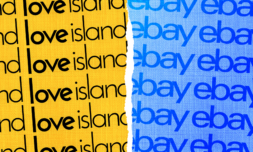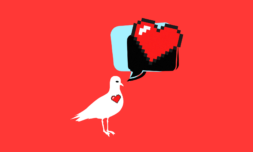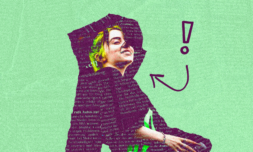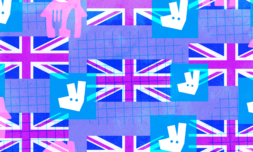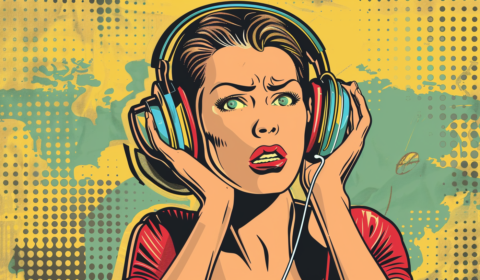The lyrics to Lizzo’s new single ‘Grrrls’ included an ableist slur at the beginning of the first verse. Fans criticised the track’s use of the word and Lizzo has now replaced the lyric in response.
You’ve no doubt heard the popular single ‘About Damn Time’ from US singer Lizzo that’s making the rounds on TikTok at the moment.
She’s facing backlash this week, however, with the drop of her latest single ‘Grrrls’. Released on Friday 10th June, the first verse contains the lyric ‘do you see this shit? I’ma spazz’, which is a derogatory term for a certain form of cerebral palsy called spastic diplegia.
Her passionate fan base were quick to point out the offensive use of the term and requested a quick re-recording to fix the issue.
I’m disappointed in @lizzo for using the word “sp@z” in her new song “Grrrls”. There’s no excuse for using an ableist insult in a song in 2022. As someone who champions women, plus size people and others whom society treats poorly, Lizzo preaches inclusivity and should do better.
— Callum Stephen (He/Him) (@AutisticCallum_) June 11, 2022
What was Lizzo’s response?
In an unusual response for top tier pop artists, Lizzo was quick to listen and rework the song, replacing the original lines with ‘hold me back’. This new version was released Monday night and is now the only version of the song available through official platforms.
She also included a lengthy statement on Instagram that explained the lyric swap, with an apology and recognition for her actions. ‘As an influential artist I’m dedicated to being part of the change I’ve been waiting to see in the world’, she wrote.
View this post on Instagram









